Hey there, fellow gamers! Have you ever noticed the rise of political themes in video games? It’s an interesting phenomenon that has been gaining momentum in recent years. From virtual worlds to real-world politics, video games have become more than just a form of entertainment. They have become a platform for exploring and engaging with political ideas.
So, what exactly do we mean by political themes in video games? Well, it’s all about the incorporation of political elements into the gameplay and narratives. From tackling social issues to exploring power dynamics and even simulating political systems, video games have started to address the complexities of the real world.
Why the sudden interest in politics?
The increasing presence of political themes in video games can be attributed to several factors. First and foremost, games have evolved from simple pixelated adventures to immersive and realistic experiences. As the medium has matured, developers have sought to create more meaningful and thought-provoking content.
Furthermore, gaming has become a powerful tool for storytelling. With advances in technology, developers can now create intricate narratives and complex characters that resonate with players on a deeper level. By incorporating political themes, game creators can explore and challenge the social and cultural issues of our time.
Another reason behind the rise of political themes in video games is the growing demand from players. As the gaming community becomes more diverse, players are seeking games that reflect their interests and values. By incorporating political elements, developers can cater to this demand and create more inclusive and engaging experiences.
The impact on game development
As politics seep into the world of gaming, it has also had a significant impact on game development itself. Developers now have to consider the potential political implications of their games and make conscious decisions about the messages they want to convey.
Game developers are faced with the challenge of striking a balance between creating engaging gameplay and addressing political themes. While some games take a subtle approach, weaving political elements into the background, others tackle political issues head-on and use gameplay as a tool for exploration and critique.
However, it’s important to note that not all games with political themes are created equally. Some may offer well-researched and nuanced portrayals of political issues, while others may rely on stereotypes or simplistic representations. As players, it’s crucial that we remain critical and discerning consumers of media, and encourage game developers to approach political themes responsibly.
Shaping political discourse
Video games have also played a role in shaping political discourse, providing a platform for players to engage with and discuss political ideas. Through online communities and social media, gamers have the opportunity to share their experiences and perspectives, sparking conversations and debates.
Moreover, video games have the potential to reach audiences beyond traditional political spaces. They can capture the interest of individuals who may not be actively engaged in politics, offering a unique entry point for discussions and awareness. By immersing players in political narratives, games can foster empathy and understanding, encouraging players to think critically about the world around them.
Controversies surrounding politics in gaming
Of course, the inclusion of political themes in video games hasn’t been without its fair share of controversies. Some argue that politics should be kept separate from gaming, as it interferes with the escapism and entertainment value that games provide. Others worry about the potential for biased or one-sided representations of political issues.
However, it’s important to remember that politics is an inseparable part of our lives, and video games have the power to reflect and comment on the world we live in. By addressing political themes, games have the potential to educate, facilitate dialogue, and contribute to a more informed and engaged society.
So, next time you pick up your controller or sit down at your computer, keep an eye out for the political themes within your favorite games. They might just offer a unique perspective on the world around us.
Hey there, fellow gamers! Let’s dive into the fascinating world of video game development and how politics can have a significant impact on it. So grab your controller and get ready for an exciting journey into the second heading of our discussion!
The Impact of Politics on Video Game Development
Video games have come a long way since their humble beginnings. They have evolved from simple pixelated adventures to immersive experiences that can rival blockbuster movies. And just like movies, video games often explore themes that reflect the world we live in, including politics.
Politics can play a significant role in shaping the development of video games. Game developers often draw inspiration from real-world events and political ideologies to create compelling narratives and engaging gameplay. In fact, some games are explicitly designed to provide social commentary or provoke thought on current political issues.
One way politics influences game development is through storytelling. Games like “BioShock” and “Deus Ex” tackle political themes such as ideologies, governance, and power struggles. They create thought-provoking narratives that encourage players to question the world around them and explore moral dilemmas.
Politics can also shape the gameplay mechanics and choices within a game. For example, in the popular game series “Mass Effect,” players take on the role of a commander tasked with making difficult decisions that impact the fate of entire species and civilizations. These choices often reflect real-world political debates, highlighting the complexity of governance and the consequences of decision-making.
Furthermore, politics can influence the visual design and aesthetics of video games. Games set in dystopian or post-apocalyptic worlds often reflect political ideologies and serve as cautionary tales. They present a stark vision of what could happen if certain political paths are taken, encouraging players to think critically about the world they live in.
It’s important to note that incorporating political themes into video games is not without controversy. Some argue that games should remain purely entertainment and that politics should be kept separate. However, many game developers believe that video games have the power to educate, provoke thought, and spark meaningful conversations.
So, what can we take away from all of this? Well, the impact of politics on video game development is undeniable. Whether it’s through storytelling, gameplay mechanics, or visual design, politics can shape the way we experience and interact with games. It allows us to explore real-world issues and encourages us to think critically about the world around us.
Next time you pick up a controller and embark on a gaming adventure, take a moment to appreciate the political themes that may be woven into the game. You might just find yourself engaged in a thought-provoking journey that goes beyond mere entertainment.
The Role of Video Games in Shaping Political Discourse
Video games have come a long way from being mere forms of entertainment. In recent years, they have increasingly become platforms for exploring and shaping political discourse. With their ability to immerse players in rich and interactive narratives, video games have proven to be a powerful medium for addressing and challenging political themes.
- A tool for empathy-building: One of the most remarkable aspects of video games is their potential to foster empathy. By allowing players to step into the shoes of different characters and navigate complex moral and political dilemmas, games can provide a unique perspective on real-world issues. For example, games like “This War of Mine” and “Papers, Please” put players in the shoes of war refugees and immigration officers, respectively. These experiences can help players develop a better understanding of the challenges faced by individuals in similar situations.
- A platform for social commentary: Many game developers use their creations as a means to express their own views on political and social issues. Games like “Bioshock” and “Deus Ex” tackle topics such as surveillance, corporate control, and political corruption. By weaving these themes into their narratives, developers not only entertain players but also prompt them to reflect on the real-world implications of these issues. As players become more engaged in the story, they may find themselves questioning the status quo and considering alternative viewpoints.
- A catalyst for political activism: Video games can have a profound impact on individuals, inspiring them to take action beyond the digital realm. Activists have recognized the potential of gaming as a tool for mobilization and awareness. For instance, games like “Foldit” and “Evoke” have leveraged gameplay mechanics to encourage players to solve real-world problems, such as protein folding and social entrepreneurship. By merging entertainment with real-life challenges, these games empower players to become agents of change.
While video games have the ability to shape political discourse, it is important to acknowledge that controversies often arise when politics and gaming intersect. Some argue that games should remain apolitical, claiming that injecting political themes may alienate certain players or dilute the essence of gaming as a form of escapism. However, it is crucial to recognize that video games, like any other form of media, are not divorced from the political and social contexts in which they are created. Politics is an inherent part of our lives, and it is only natural that it is reflected in the games we play.
As players, we should be open to engaging with political themes in games, as they provide us with an opportunity to critically examine the world around us. By embracing these themes, we can expand our perspectives, challenge our own beliefs, and become more active participants in shaping the societies we live in. So next time you pick up a controller or sit down at your computer, be prepared to embark on a journey that not only entertains but also opens your mind to the complexities of the political landscape.
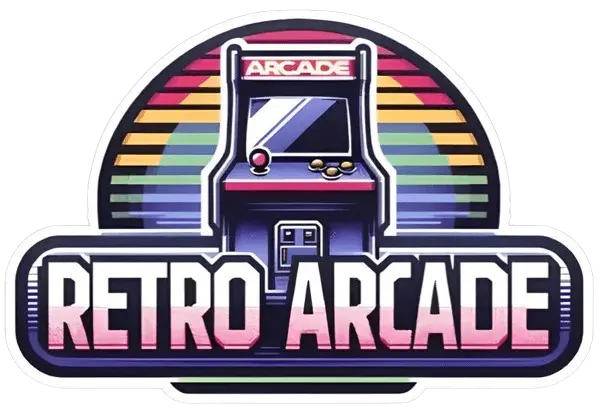


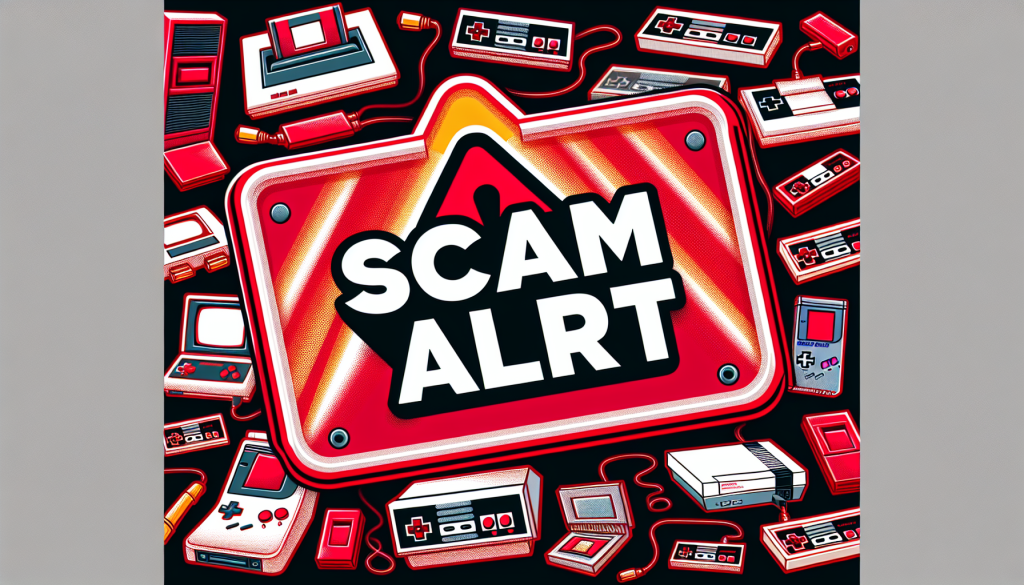
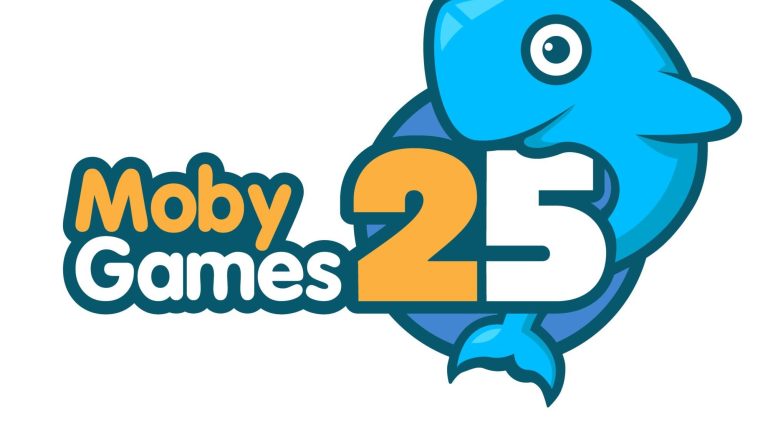
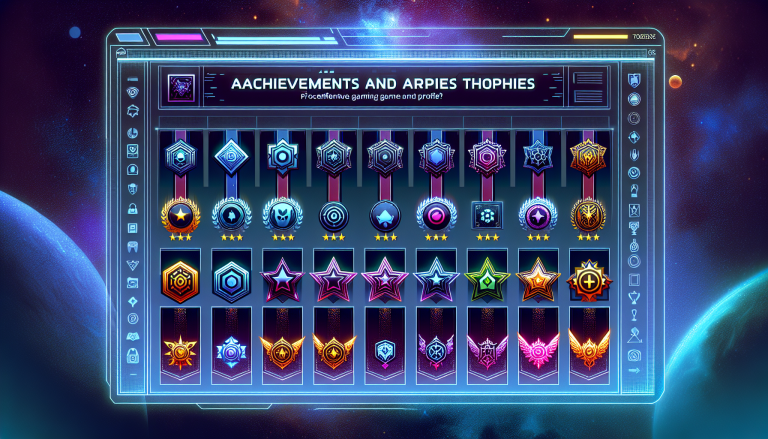



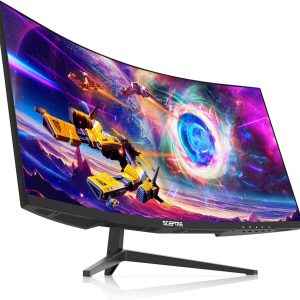
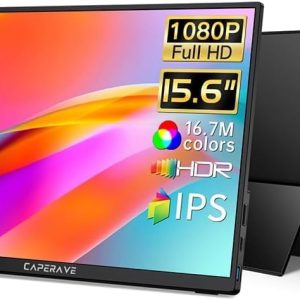
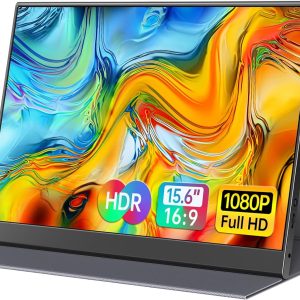

1 thought on “Politics and Gaming: An Unavoidable Intersection”
Your point of view caught my eye and was very interesting. Thanks. I have a question for you.